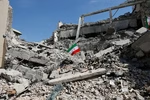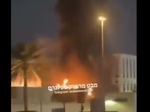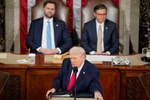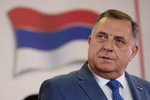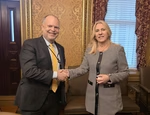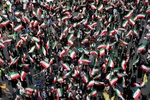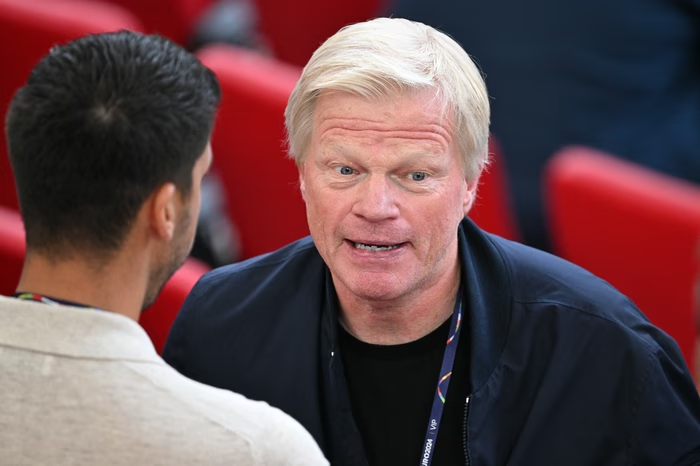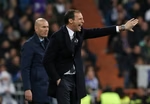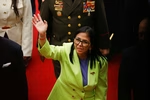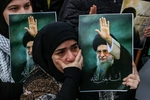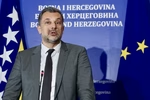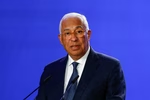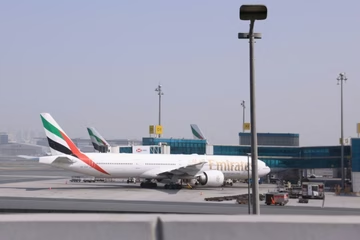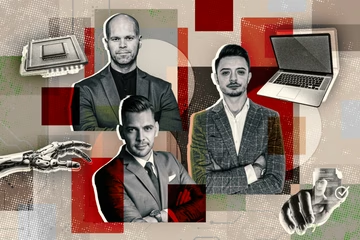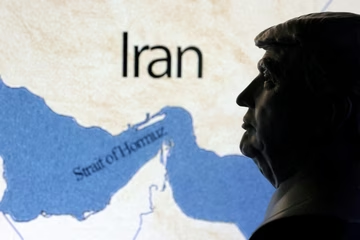
A young woman who was adopted as a newborn by British journalists after they interviewed her raped mother at the beginning of Bosnia’s 1992-95 war has turned into an anti-war activist, raising awareness about what war does to women and children.
Lejla Damon is today a Salford University law student. She grew up in London, after BBC journalists Dan and Sian Damon, who were covering the war in Bosnia, took her from an orphanage in Sarajevo where she was taken on Christmas of 1992, nine days after being born.
"My story is a message because it is something that happened in Bosnia and it's still happening across the world. If anything, the message that I want to give out from my story was, yes, one of hope, from how my life could have turned out and how it has turned out now," Damon told N1 at a ceremony marking of the Srebrenica genocide in London.
"I think the message that I want to send out to Bosnia is to all those children that were born out of the conflict and out of the war, and to all those mothers that did suffer the trauma, is that they are not alone, that they are looked after and that they are thought about," she said.
The two BBC journalists had interviewed Lejla’s biological mother, Safa, who was physically and mentally broken as a result of what she had endured in a concentration camp in Bosnia.
Lejla met her three years ago.
"She's the strongest woman that I know. I am so proud of her. I talk about empowerment, from a female perspective, there aren't many people that would be able to continue life as she has," she said.
"I hope she has found some peace, and I respect her so much as a woman and as a role model," she added.
Lejla’s adoptive parents never hid the circumstances of her birth from her.
"My parents have always supported me, they've always told me about my roots, they have always let me know where I was from," she said.
Damon often visits Bosnia. She said it is her second home. She said little is needed for Bosnia to do better, but that the country has not moved far away from the war.
"The war has stopped, but is there peace?" she asked. "There are still ethnic divides, and I think that is becoming more prominent, and I think that is something that we really need to think about."
She said this was something that politicians should be thinking about, "but also the new generation which needs to learn what kind of a conflict this was and why it must not happen again."
Lejla’s biological mother never recovered from the trauma she survived. She suffers from PTSD, epilepsy and Parkinson's disease. She never publicly spoke about Lejla.
"I will keep campaigning and I will keep being an ambassador for Bosnia and for these women and these children because I think that is something that is hugely important in the progression of Bosnia," she concluded.
Kakvo je tvoje mišljenje o ovome?
Učestvuj u diskusiji ili pročitaj komentare





 Srbija
Srbija
 Hrvatska
Hrvatska
 Slovenija
Slovenija








